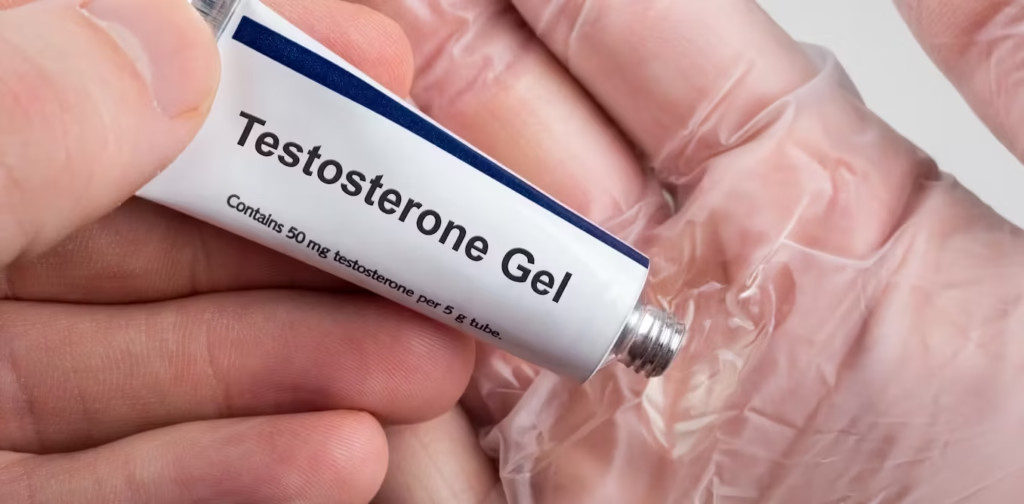Male pattern baldness, or androgenic alopecia, affects a large portion of men worldwide. For those undergoing testosterone replacement therapy (TRT), the concern of accelerated hair loss looms larger due to the link between testosterone, its derivative hormones, and the health of hair follicles. In her latest video, urologist Dr. Rena Malik offers a comprehensive breakdown of the science behind TRT and its effects on hair loss, exploring whether men on TRT is making more men bald.

What Causes Hair Loss?
Hair loss is a multifaceted issue influenced by:
- Genetics: A significant determinant of baldness. A family history of hair loss can be an early indicator of susceptibility.
- Hormonal Imbalances: Testosterone and its byproducts, particularly dihydrotestosterone (DHT), play a pivotal role.
- Stress and Lifestyle Factors: Poor nutrition, certain medications, and grooming habits like tying hair tightly can weaken follicles over time.
- Age: The risk of hair thinning and baldness increases with age due to the cumulative impact of hormonal changes and environmental factors.

How Does Testosterone Affect Hair?
Testosterone, a vital hormone for male health, is partially converted into dihydrotestosterone (DHT) within the body, typically at a rate of 6 to 8 percent per day. DHT is essential during puberty, contributing to the development of secondary sexual characteristics like body hair and pubic hair.
However, as Dr. Malik explains, DHT’s relationship with hair is not straightforward. While DHT is responsible for promoting hair growth in some areas, it can contribute to hair follicle shrinkage and eventual loss on the scalp.

Key Points:
- Men genetically predisposed to hair loss are more likely to experience male pattern baldness due to DHT.
- TRT, by increasing testosterone levels, may also raise DHT levels, potentially accelerating hair loss in those already susceptible.
- Research indicates that among transgender men undergoing TRT, only 5 to 17 percent develop alopecia in their first year, and most cases are mild.

Reports suggest TRT is making more men bald
Is Hair Loss a Guaranteed Side Effect of TRT?
Hair loss is not inevitable for all men on TRT. According to Dr. Malik, while TRT can increase the risk of male pattern baldness, it primarily affects men who are already genetically predisposed. The extent of hair loss varies widely, influenced by individual genetic factors and hormonal responses.
For men concerned about hair loss, it’s essential to weigh the benefits of TRT—such as improved energy levels, libido, and overall well-being—against the potential cosmetic side effects.

Managing Hair Loss During TRT
If hair loss becomes a concern, there are steps you can take to address it:
- Consult a Dermatologist: A specialist can help identify the underlying causes of hair loss and recommend treatments.
- Medications: Options like finasteride or minoxidil may slow down or reverse hair thinning by targeting DHT or stimulating follicle activity.
- Lifestyle Adjustments: A healthy diet rich in vitamins and minerals essential for hair health can make a difference.
- Alternative Therapies: Emerging treatments like platelet-rich plasma (PRP) therapy and low-level laser therapy offer additional avenues for hair restoration.

Balancing Benefits and Concerns
Dr. Malik underscores that the benefits of testosterone replacement therapy often outweigh the potential for hair loss, particularly for those who are already predisposed to baldness. She recommends that men who notice signs of hair thinning, whether on TRT or not, seek professional advice to explore viable treatment options.

Ultimately, TRT is a personal decision. Understanding the interplay between testosterone, DHT, and hair health empowers men to make informed choices about their bodies and well-being.



